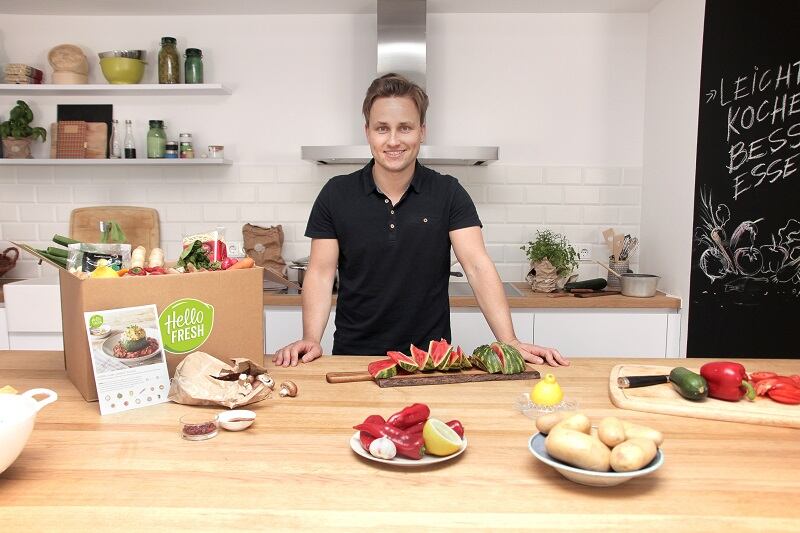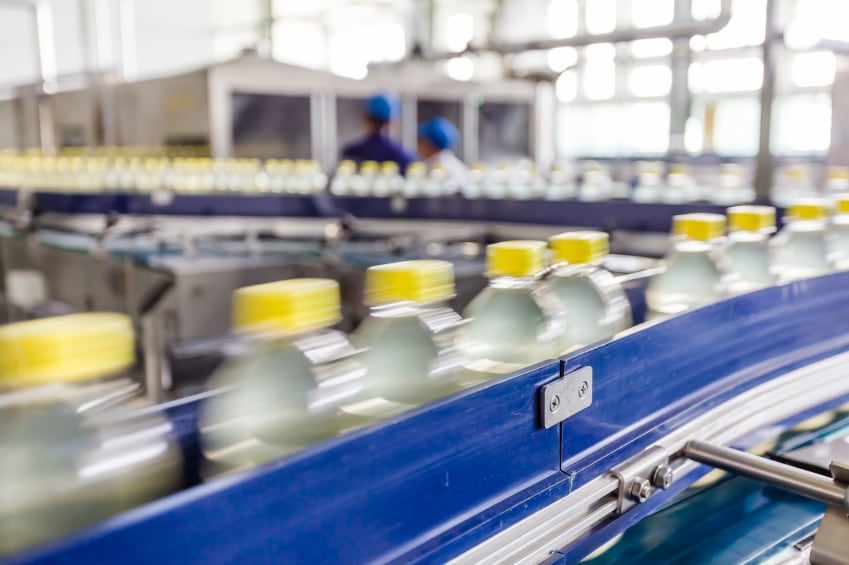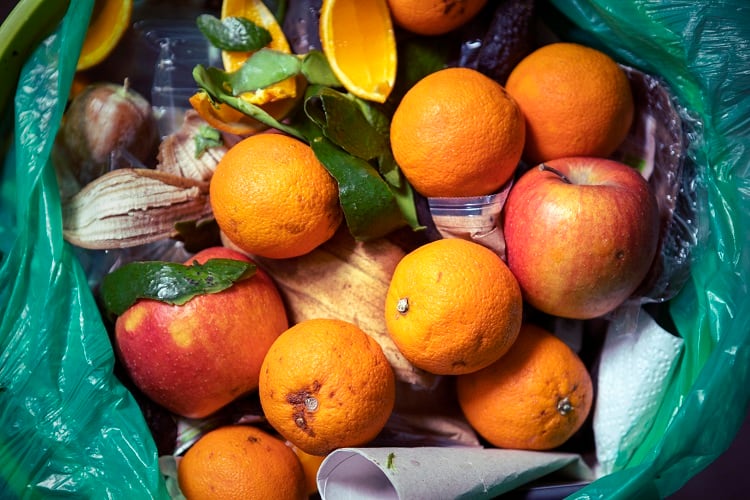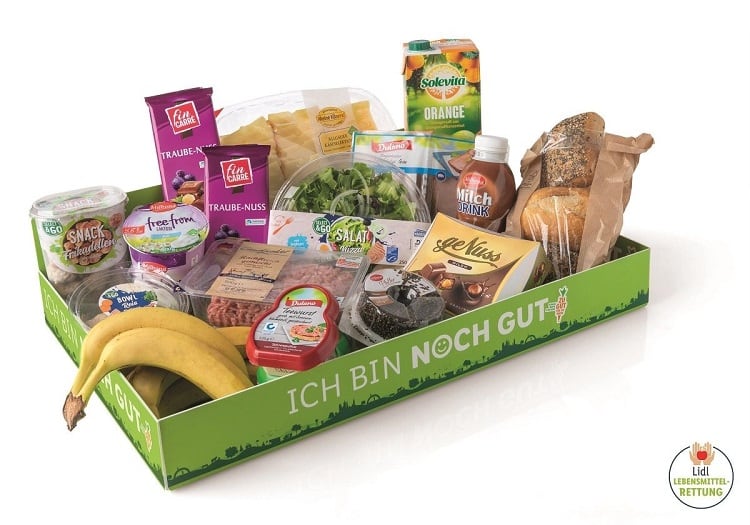The German-based meal-kit delivery firm operates in 12 markets globally (including Germany, UK, Belgium, France, and the Netherlands). HelloFresh delivered over 111 million meals and reached 4.18 million active customers, up from 2.48 million in the same period last year, a rise of 68.4%. As a result, HelloFresh saw very strong revenue growth throughout the entire quarter.
Additional demand caused by the COVID-19 pandemic led to a further acceleration of growth in the second half of March, it said. It now expects full-year revenue growth of between 40% and 55% this, up from a previously announced range of 22% to 27%.
Full-year adjusted earnings before interest, taxes, depreciation and amortisation (AEBITDA) should be between 6% to 10%, the company said.
"On top of our already very strong first two months of the year, our meals have attracted significant additional demand in the second half of March, as the global pandemic hit all of our markets in short order,” said Dominik Richter, co-founder and CEO of HelloFresh
The news drove the company’s share price higher, indicating that investors expect food delivery demand among consumers to remain boosted.
HelloFresh told FoodNavigator that around 75% of meals in Europe are home cooked, adding the trend 'has increased massively over the past weeks' amid the lockdowns in the region.
It added that it is 'continuously expanding' its product portfolio across all markets and now offers customers an average of 20 meals to choose from every week.
UK-based online grocer Ocado, meanwhile, reported that its retail revenues rose over 40% since April compared to last year as demand surged during the pandemic. However, it added “more normal shopping patterns have returned” in recent weeks.
It said it expects “the long-term shift towards online grocery to accelerate post-crisis” but said it is unable to provide guidance for its outlook for the rest of the year due to the uncertainty caused by the pandemic.
‘Learning to love food during lockdowns’
Consumers are managing their food better in lockdown, including more pre-shop planning, better in-home food management and using creative approaches to cooking, according to according to the latest survey into food habits, behaviours and attitudes from the UK-based food charity WRAP.
These new behaviours are leading to a reported 34% reduction in waste of potatoes, bread, chicken, and milk, it said. It added householders have become more resourceful in managing their food, from using up their cupboard stocks, meal planning and list-making to freezing more and batch-cooking.
Marcus Gover, CEO of WRAP, said: “In this sustained period of uncertainty, UK citizens have shown how resilient they can be when it comes to managing their food. These actions should mean less food goes to waste, helping take the pressure off the supply chain.”
WRAP noted that consumers are buying more fresh produce and long-life products and less pre-cut veg, salad packs and ready meals.





